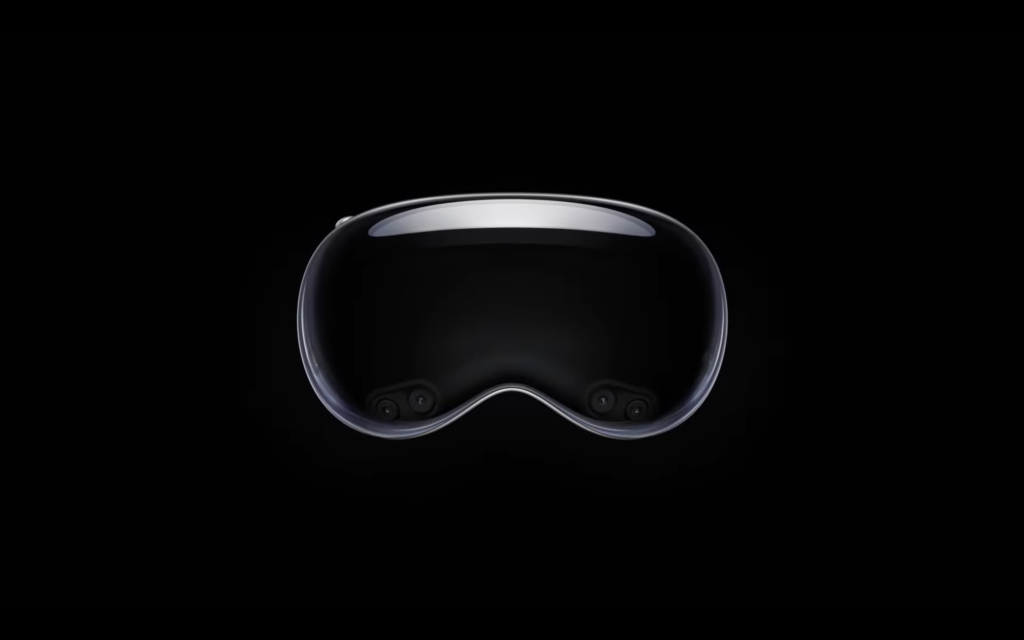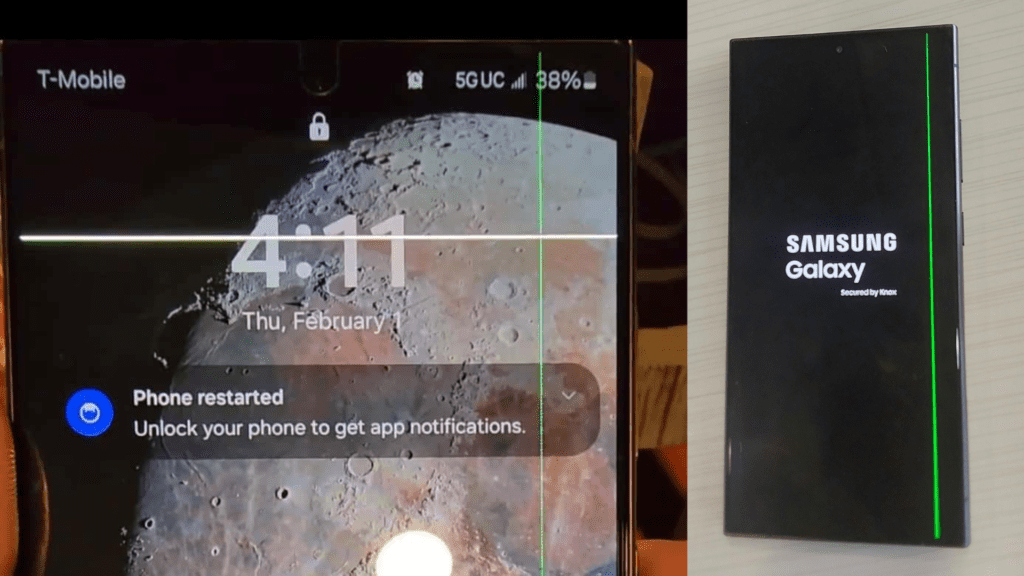From students to professionals to gamers, everyone can have a use for a laptop in this day and age of digital workflow. But with so many contenders in an ever-changing technological landscape, finding the best laptop in 2025 can be daunting.
But before you invest, here are the crucial 5 things you need to know so you can get the most bang for your buck.

✅ 1. Know Your Purpose and Usage
Before anything else, ask yourself — “What will I use the laptop for?”
🎯 Common Use Cases:
- 👨🎓 Students – Note-taking, browsing, online classes, projects
- 💼 Professionals – Emails, presentations, multitasking, video conferencing
- 🕹️ Gamers – Demanding games, high-performance GPU and refresh rate
- 🎥 Content Creators – Video editing, designing, rendering
- 🌐 Casual Users – Browsing, YouTube, emails, social media
Tip: Your usage determines the specs you should prioritize.
⚙️ 2. Understand the Key Specifications (Specs That Matter)
Laptop specifications can be confusing, but here’s what you really need to focus on in 2025:
🔹 a) Processor (CPU)
- Intel: 13th/14th Gen i5 or i7
- AMD: Ryzen 5/7 (7000 series)
- Apple: M2/M3 (MacBooks only)
👉 For gaming/editing: Look for Intel H-series or Ryzen 9 HX-series

🔹 b) RAM (Memory)
- 8GB – Minimum for students/basic use
- 16GB – Recommended for professionals
- 32GB+ – For video editing, advanced programming
💡 DDR5 RAM is faster and more efficient – go for it if available.
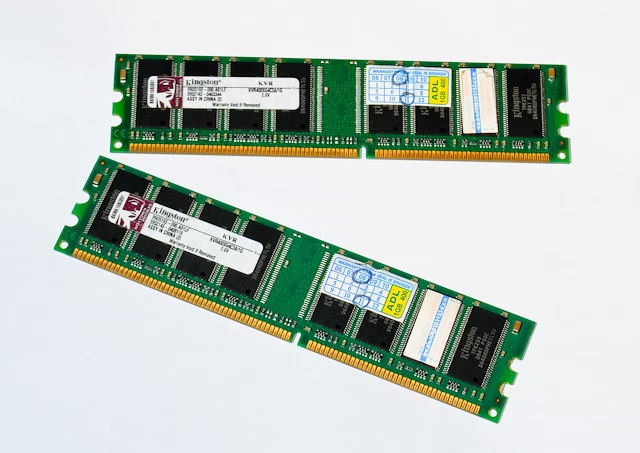
🔹 c) Storage
- SSD (Solid State Drive) is a must (HDDs are outdated)
- Minimum 512GB SSD recommended
- Prefer NVMe SSD for high-speed performance

🔹 d) Graphics Card (GPU)
- Integrated (Intel Iris, AMD Radeon): For casual use
- Dedicated (NVIDIA RTX 4050/4060/4070): For gamers/editors

🔹 e) Battery Life
- Look for 50–70Wh capacity
- Ultrabooks/MacBooks: Up to 15–20 hours
- Gaming laptops: Usually 3–6 hours
- Fast charging is a bonus
🔹 f) Display Quality
- Resolution: At least Full HD (1920×1080)
- Refresh Rate: 60Hz standard, 120Hz+ for gaming
- Brightness: 300 nits or more for outdoor use
- Panel: IPS or OLED for better colors
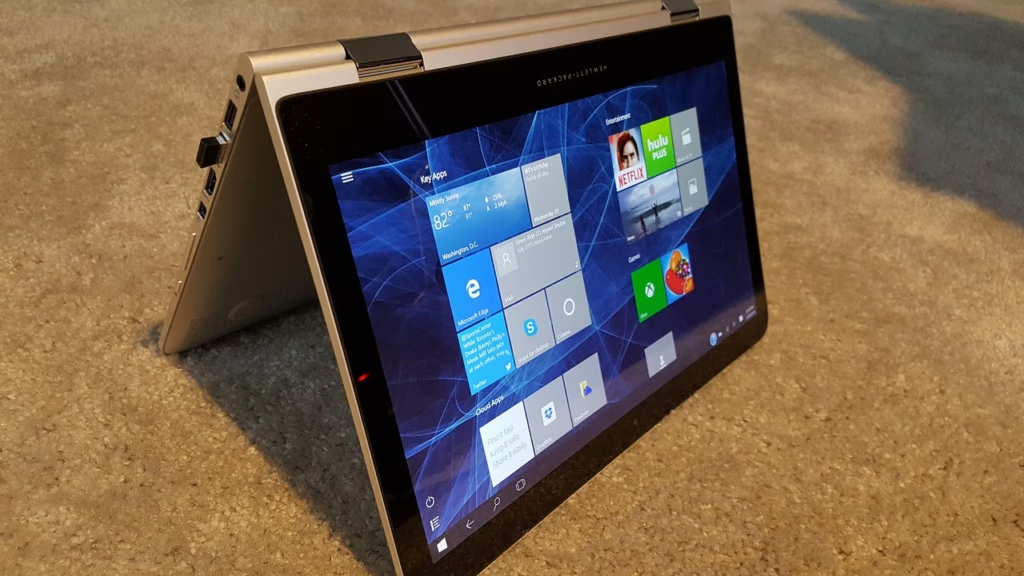
💼 3. Build Quality and Portability
A powerful laptop isn’t useful if it’s uncomfortable to carry or use.
📦 What to Consider:
- Weight: Lightweight (~1–1.5 kg) for students and travelers
- Material: Metal builds (aluminum/magnesium) = more durable
- Keyboard: Good key travel, backlit preferred
- Ports: Look for USB-C, HDMI, SD card reader, headphone jack
- Thunderbolt 4 / USB 4: For faster data and display support
💡 Laptops with MIL-STD-810H certification offer better durability.
💻 4. Choose the Right Operating System
🪟 Windows 11
- Most versatile
- Best for students, professionals, and gamers
- Supports touchscreen and 2-in-1 designs
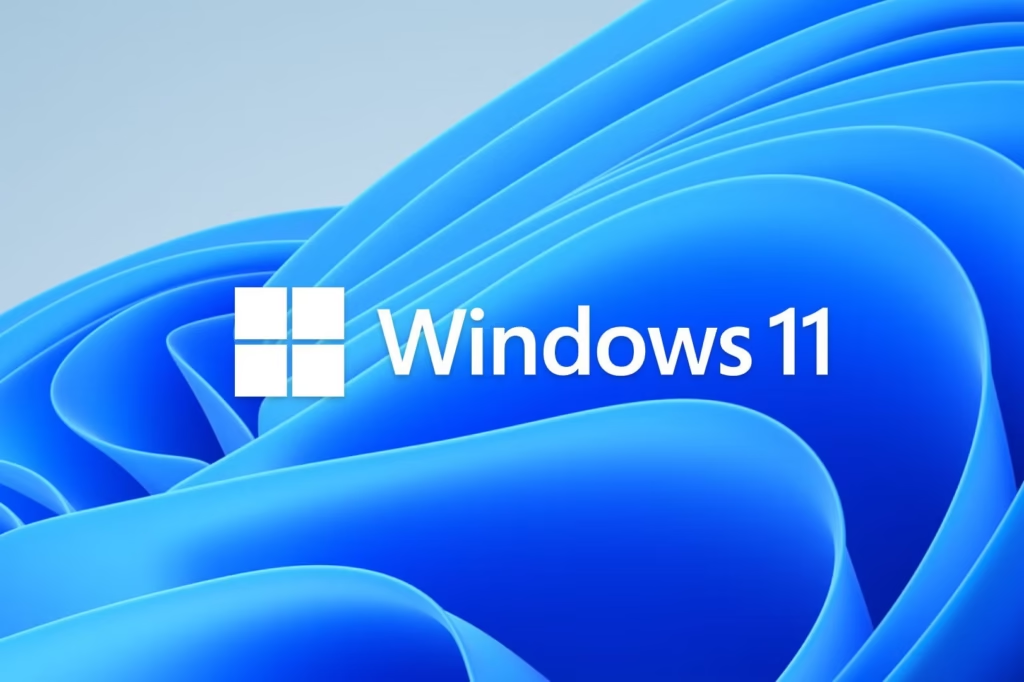
🍎 macOS (Apple Silicon: M2/M3)
- Best for designers, developers, editors
- Optimized performance and battery life
- Seamless integration with iPhones/iPads
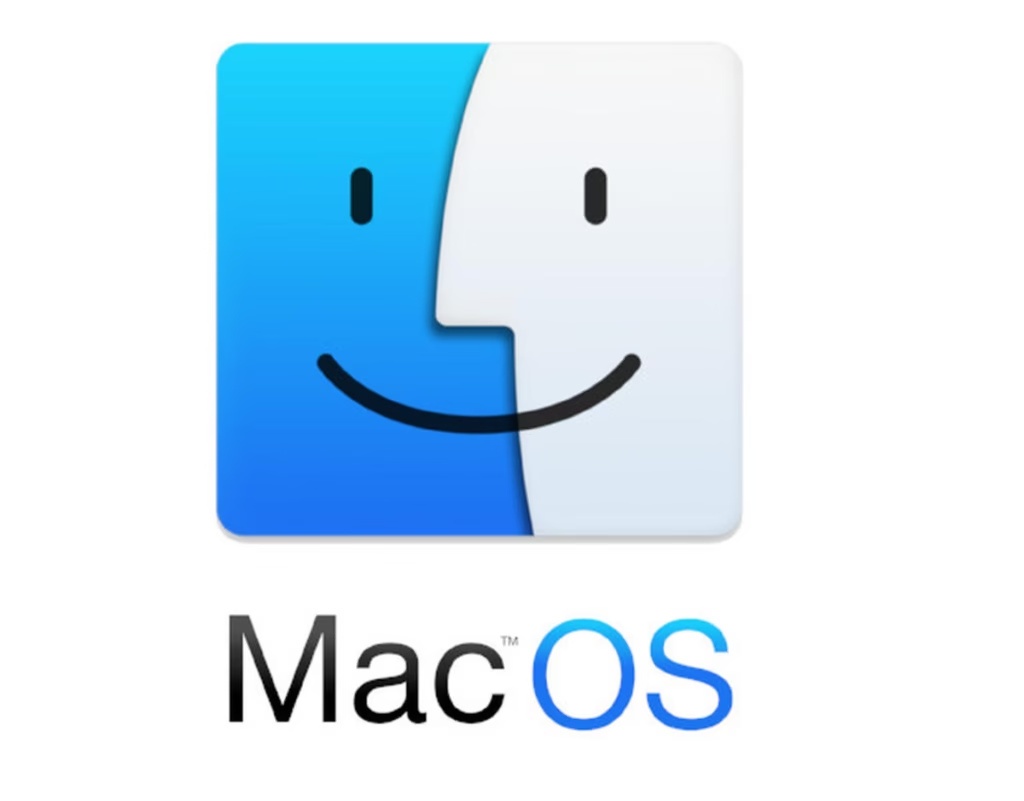
🐧 Linux
- For coders, open-source enthusiasts
- Ideal for development environments
- Requires manual installation

✔️ Choose based on your apps, workflow, and compatibility.
🚀 5. Future-Proofing and Upgradeability
A good laptop should last 4–5 years. Here’s how to make sure it’s future-ready:
🔧 a) Upgradeable Components
- RAM upgradeable? (Avoid soldered RAM)
- Extra SSD slot available?
📶 b) Latest Connectivity
- Wi-Fi 6E / Wi-Fi 7 for better speed
- Bluetooth 5.3+ for stable wireless connections
🧠 c) AI and Smart Features
- AI-based performance optimization
- Webcam enhancements with AI background blur
- Battery life prediction and noise cancellation
🏆 Bonus: Brand Reliability and After-Sales Service
Not all brands are created equal. Pick one that offers:
- Good build quality
- Reliable customer service
- Easy warranty support
✅ Top Laptop Brands (2025):
- Dell, HP, Lenovo, ASUS, Acer – Versatile and widely available
- Apple – Premium build and performance
- MSI, Razer, Gigabyte – Gaming and creative professionals
- Samsung, LG – Ultralight and innovative models
🛠️ Always check user reviews, YouTube comparisons, and warranty policies before buying.
📝 Conclusion: Buy Smart, Not Just Popular
Buying a laptop in 2025 requires more than just picking a popular brand or the one on sale.
✅ Recap:
- Define your needs and usage
- Focus on essential specs (CPU, RAM, SSD, Display)
- Don’t ignore build quality and OS compatibility
- Make sure it’s future-ready and upgradeable
- Choose a reliable brand with good service
🎯 A smart choice now will save you from regret later.
💬 Still Confused Between Two Models?
Drop the specs or links in the comments — we’ll help you pick the best one! ✅
Disclaimer: Information provided is based on publicly available sources and user experiences.
if you have any issue with this Article – Click Here


